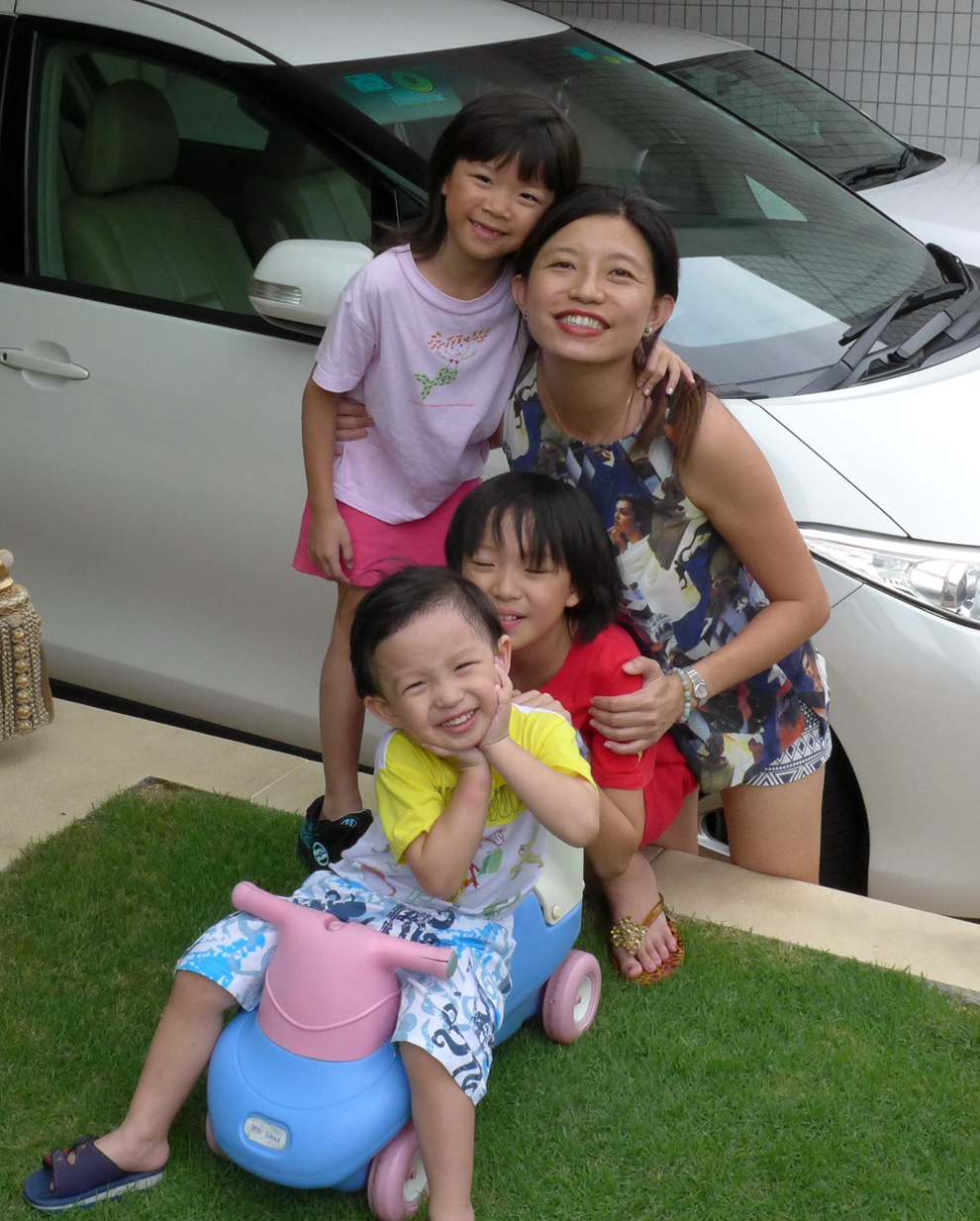Asking for Help
Asking for Help increases Competence in our children. This is a effective learning strategy to help them acquire knowledge and skills.
Getting our children to seek assistence from an adult or a more competent peer puts them on a good footing to acquire knowledge in the future. Most children are reluctant to ask for help for fear of appearing stupid or incompetent. They would rather not raise their hand to ask the teacher when they failed to understand a concept or lesson.
What we need to do as parents is overcome the problem of getting our kids who need help to ask for it. Low achievers were the most aware that they needed help, but were the least likely to ask for it. They hesitate to ask for help because they believed that they should already know the information that they needed, but they were afraid that others would think that they were dumb if they asked.This can lead to low self-esteem and feelings of incompetence.
In contrast, children with a firm sense of efficacy and high self-esteem interpret failure as caused by lack of information (a transient cause) and so they ask for assistance that will lead to future success.This problem is more prevalent among older children as they conform and become more sensitive to the opinions of their peers. The fear of displaying their incompetence was a powerful barrier to asking for help.
Whatever is their achievement level, if a child perceived themselves as incompetent, they would be reluctant to ask for help. At any age, however, children who are interested in learning new things and who strive for independent mastery usually ask for help when they need it. For such kids, their mastery orientation also led them to prefer hints which allow them to solve the problems themselves, than to direct answers. Perceived competence, intrinsic motivation and mastery orientation are all related to self-regulated learning.
Self-regulated learning refers to the ability to plan, evaluate and regulate their own learning skills and develop a lasting interest in learning. These children are motivated to learn, possess the skills that enable them to learn and adapt those skills to the learning situation. They believe in their own capabilities and a conviction that school is interestiing and important.
Such kids tend to come from homes where the parents promote autonomy, use inductive discipline and provide a structured setting in terms of rules and expectations. These qualities lead to successful learning in children.
I went WOW! when I watched this video of 3 teenaged girls who won the Google Science prize. Very motivating for kids! Talk about asking for help when they needed it...
Always remember, Don't ask, Don't get!
Return from Asking for Help to Primary School
Return to Singapore Math
Return to MomsWisdom Sitemap
Return to MomsWisdom.net Home page
Recent Articles
-
The Anti-Cancer Diet - The Ketogenic Diet and Cancer
Mar 11, 24 04:47 AM
If you have always wanted to know what an Anti-Cancer Diet would be like and learn why you should be on a Ketogenic Diet (A Low Carb Diet). -
Earliest Signs of Pregnancy
Jan 22, 24 04:14 AM
What are the Earliest Signs of Pregnancy? Are you wondering, "Am I Pregnant?" Early pregnancy symptoms are listed here. -
Hot Paprika Shrimp Recipe - Is your food making you FAT?
Jan 22, 24 02:51 AM
Healthy Foods like Hot Paprika Shrimp can form part of a weight loss diet with Metabolic Cooking. Is your food making you FAT or burn MORE fat?
MomsWisdom, a Complete guide for Pre pregnancy preparation, Pregnancy care and New mom guide for Childhood
Gives honest parenting advice to mothers on how with the right mindset and preparation, you can raise happy, healthy, well-adjusted children who outperform others academically.
www.flickr.com
|
Who says kids don't have fun in Singapore?
See Singapore images on Flickr.
Festivals in Singapore
- Lantern Festival in Chinese Garden
- Singapore National Day Parade
- Hungry Ghost Month
- Singapore Zoo
- Jurong Bird Park
- Singapore Botanic Gardens
- Jacob Ballas Children's Garden
- Gardens by the Bay
- Marina Barrage
- MacRitchie Reservoir
- Rail Corridor near Rifle Range Road
- Bishan Park
- Tobogganing in sunny Singapore
- Singapore Science Centre
- Museums
- Shichida Class
Amazing Flora and Fauna
- Interesting Animals
- Colourful Plants
For more things to do in Singapore, go to Kids Play in Singapore.
Boards
Inspiration for Moms
Healthy Snacks
Kids having Fun
Get your Kids & Babies' Supplements here!
New customers receive $5 off their first order when you apply Rewards Code : BIX059

Tel : +65-9685 7942
Recent Articles
-
The Anti-Cancer Diet - The Ketogenic Diet and Cancer
Mar 11, 24 04:47 AM
If you have always wanted to know what an Anti-Cancer Diet would be like and learn why you should be on a Ketogenic Diet (A Low Carb Diet). -
Earliest Signs of Pregnancy
Jan 22, 24 04:14 AM
What are the Earliest Signs of Pregnancy? Are you wondering, "Am I Pregnant?" Early pregnancy symptoms are listed here. -
Hot Paprika Shrimp Recipe - Is your food making you FAT?
Jan 22, 24 02:51 AM
Healthy Foods like Hot Paprika Shrimp can form part of a weight loss diet with Metabolic Cooking. Is your food making you FAT or burn MORE fat?

